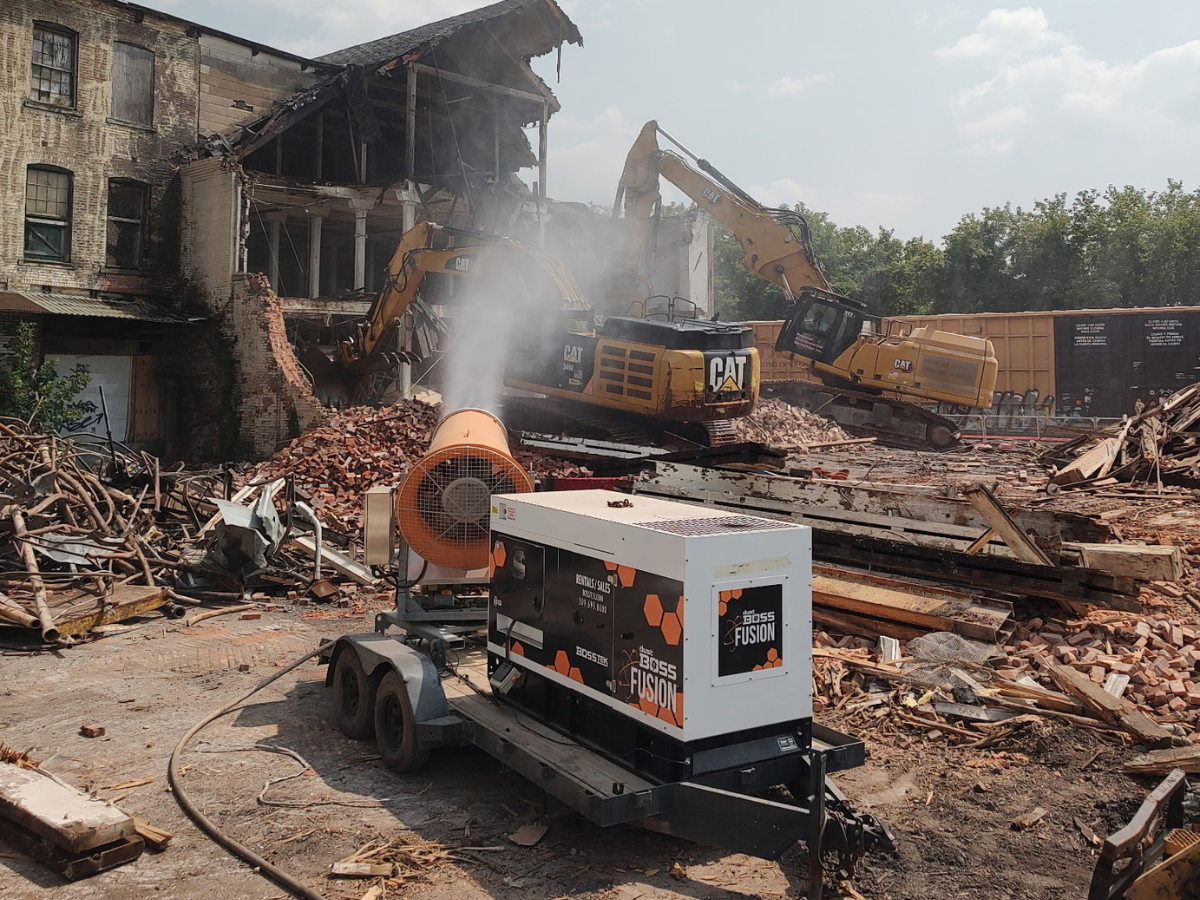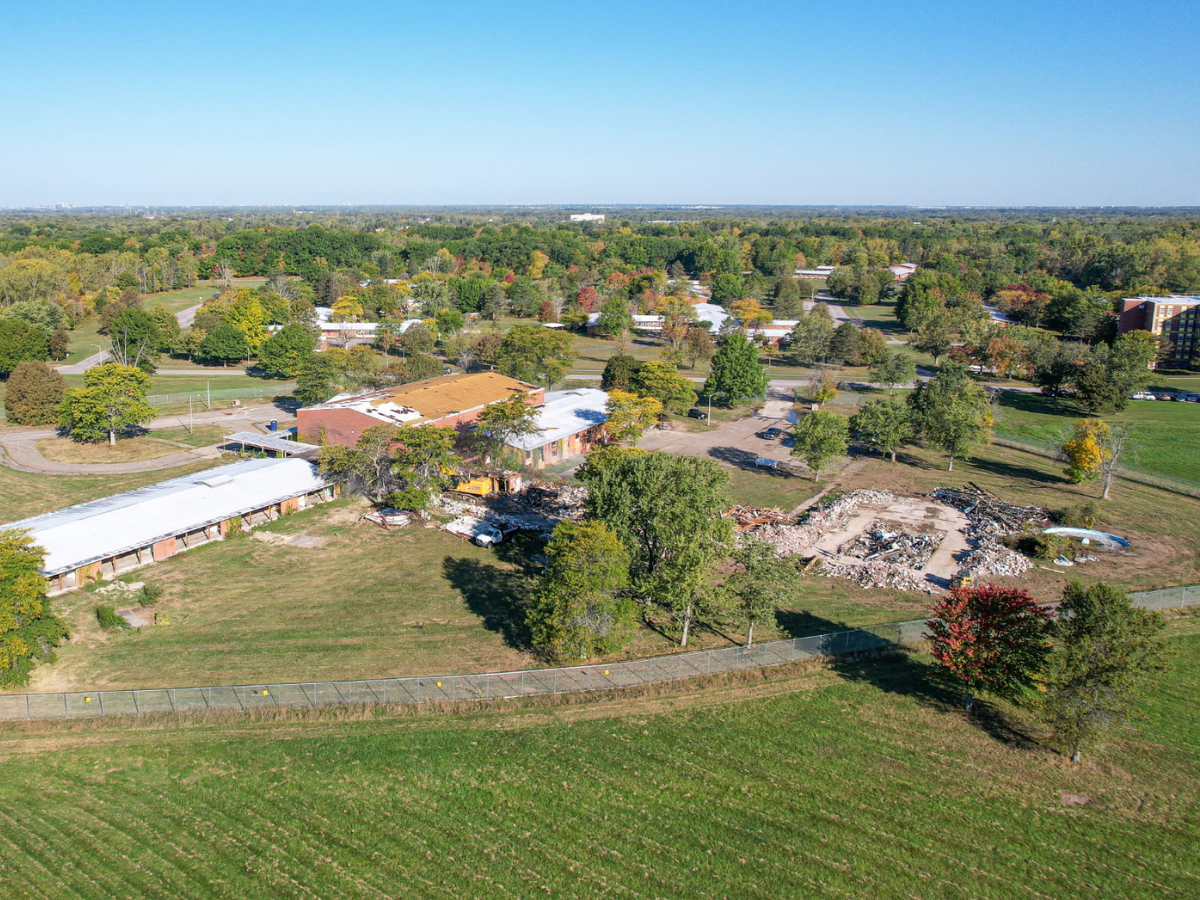The Environmental Impact of Improper Asbestos Disposal (And How to Avoid It)
Asbestos is one of the most dangerous materials still found in older homes and commercial buildings across Western New York. While its use has been banned or heavily restricted in construction, improperly disposing of asbestos-containing materials (ACMs) remains a serious environmental and legal issue. At Regional Environmental Demolition Inc. (R.E.D.), we’re often called in to correct the mistakes of others—projects where asbestos was either ignored, dumped illegally, or transported without proper certification. In this post, we’ll explain why asbestos disposal must be handled with care, what the risks are, and how our team ensures every job is done legally and responsibly.
Why Improper Asbestos Disposal Is So Dangerous
Asbestos becomes hazardous when it’s disturbed and microscopic fibers are released into the air. Once airborne, these fibers can contaminate soil, groundwater, and nearby structures—posing long-term risks to both the environment and public health. Dumping asbestos materials in unauthorized locations or with regular construction waste increases the chance of exposure to residents, wildlife, and cleanup crews. These fibers do not break down naturally, and once released, they can linger in the environment for decades. Breathing in asbestos fibers is known to cause mesothelioma, lung cancer, and other serious respiratory diseases.
Legal Requirements in New York State
In New York State, asbestos is classified as a hazardous material. Strict disposal regulations are enforced by the NYS Department of Environmental Conservation (DEC), the Environmental Protection Agency (EPA), and the Department of Labor (DOL). Anyone handling or transporting asbestos must be certified and follow detailed procedures, including:
- Proper labeling and sealing of asbestos waste
- Using approved containers and leak-proof packaging
- Transporting only in licensed, marked vehicles
- Completing chain-of-custody documentation
- Disposing only at licensed asbestos waste facilities
Failure to comply can result in significant fines, project shutdowns, and legal liability.
How R.E.D. Ensures Safe and Legal Asbestos Disposal
At R.E.D., we are fully licensed, insured, and certified to handle asbestos abatement and transport across Western New York. Our team follows every legal requirement from start to finish, including:
- Pre-abatement surveys to identify asbestos-containing materials
- Creating sealed containment zones to protect nearby areas
- Using HEPA filters and protective gear to reduce exposure risk
- Secure packaging and labeling of all ACMs
- Transportation to approved disposal facilities with full documentation
We don’t cut corners—and that’s what protects our clients, their properties, and the environment.
What Property Owners Should Know
If you’re planning a renovation or demolition project in Buffalo, Niagara Falls, or the surrounding area, and your building was constructed before the 1980s, it’s critical to assume asbestos may be present. Never allow general contractors or unlicensed workers to remove or dispose of suspect materials. Not only is it dangerous, it could make you personally liable for improper disposal. Always work with an experienced asbestos abatement contractor like R.E.D. to ensure the job is done right—and in full compliance with New York State law.
Key Benefits of Choosing R.E.D. for Asbestos Disposal
- Full compliance with NYS and federal asbestos regulations
- Safe removal that protects your property and community
- Proper documentation and chain-of-custody procedures
- Environmentally responsible practices that reduce risk and liability
- Peace of mind that your project won’t be delayed or penalized
Protect Your Property—and the Planet
Improper asbestos disposal harms more than just the site—it impacts water, air, and community safety. Whether you’re a homeowner, business owner, or municipality, choosing the right demolition and abatement partner is one of the most important decisions you can make. At R.E.D., we don’t just remove asbestos—we protect your project, your people, and the environment with every job.
Need help with asbestos disposal? Contact R.E.D. today to ensure it’s done safely, legally, and by the book.






